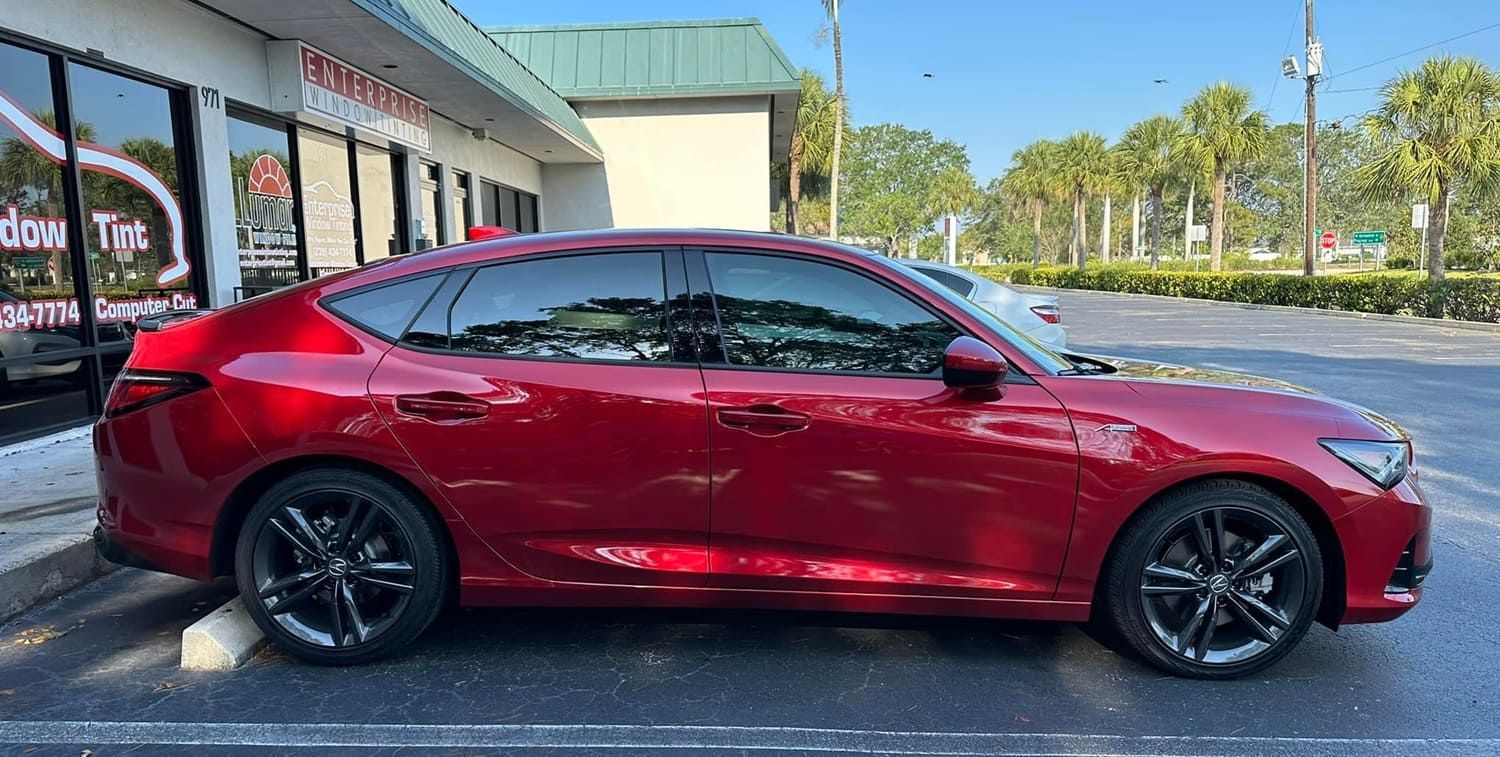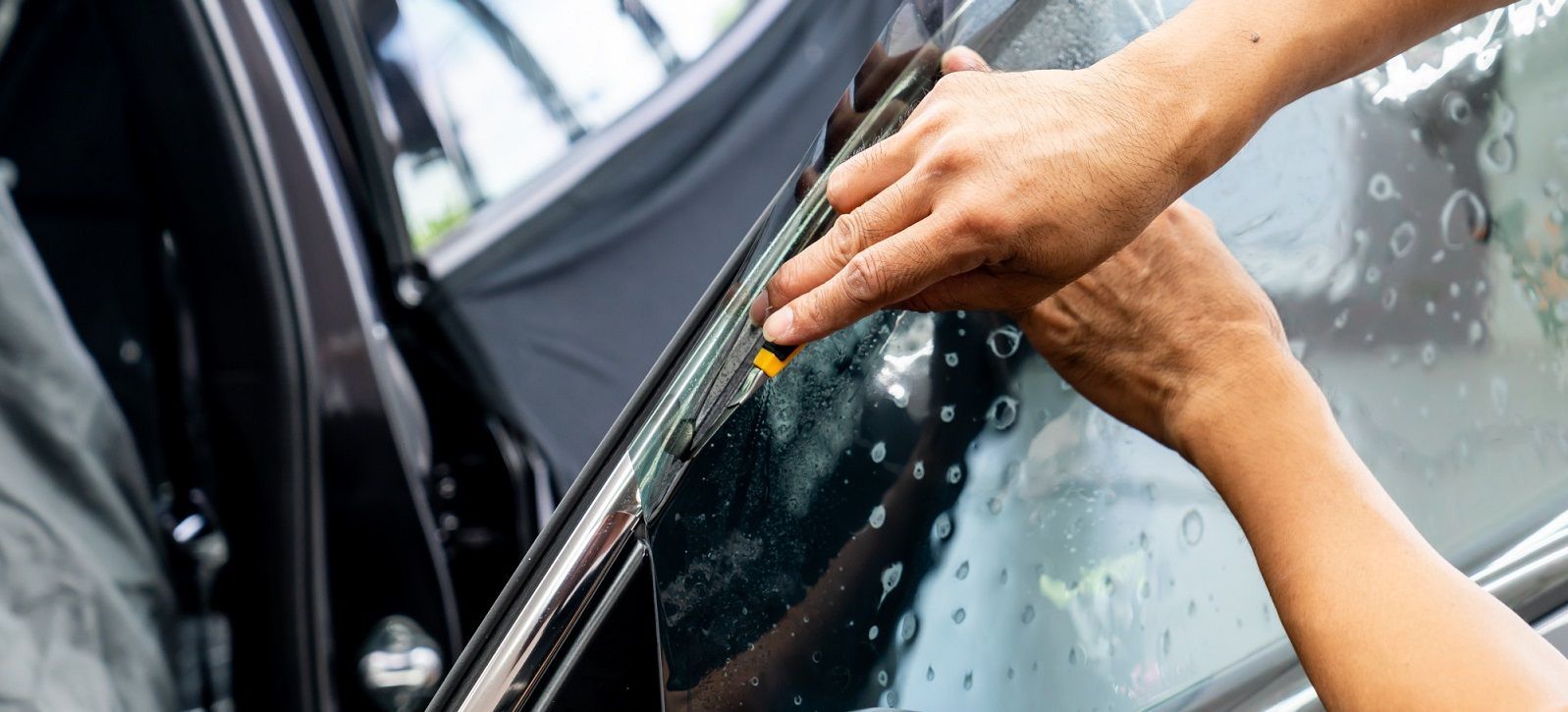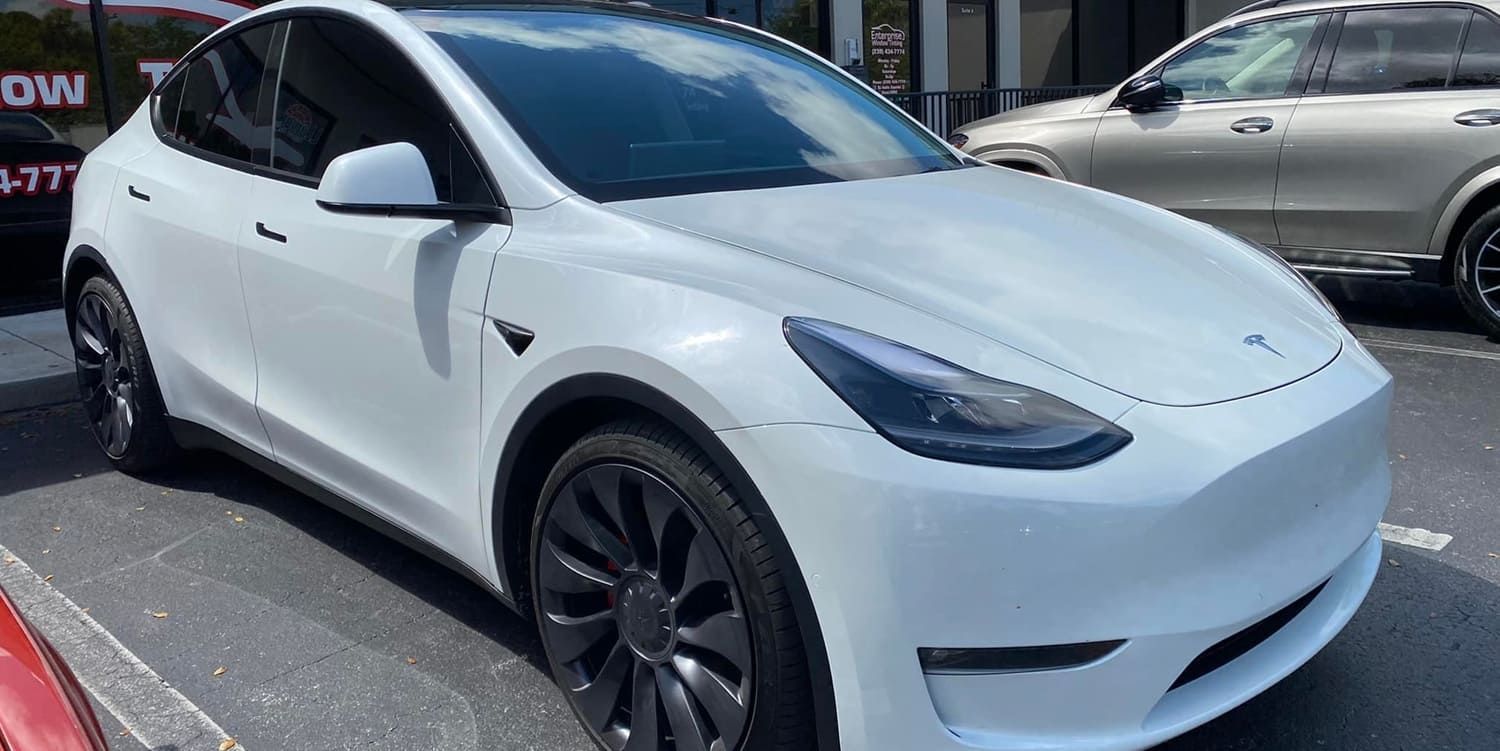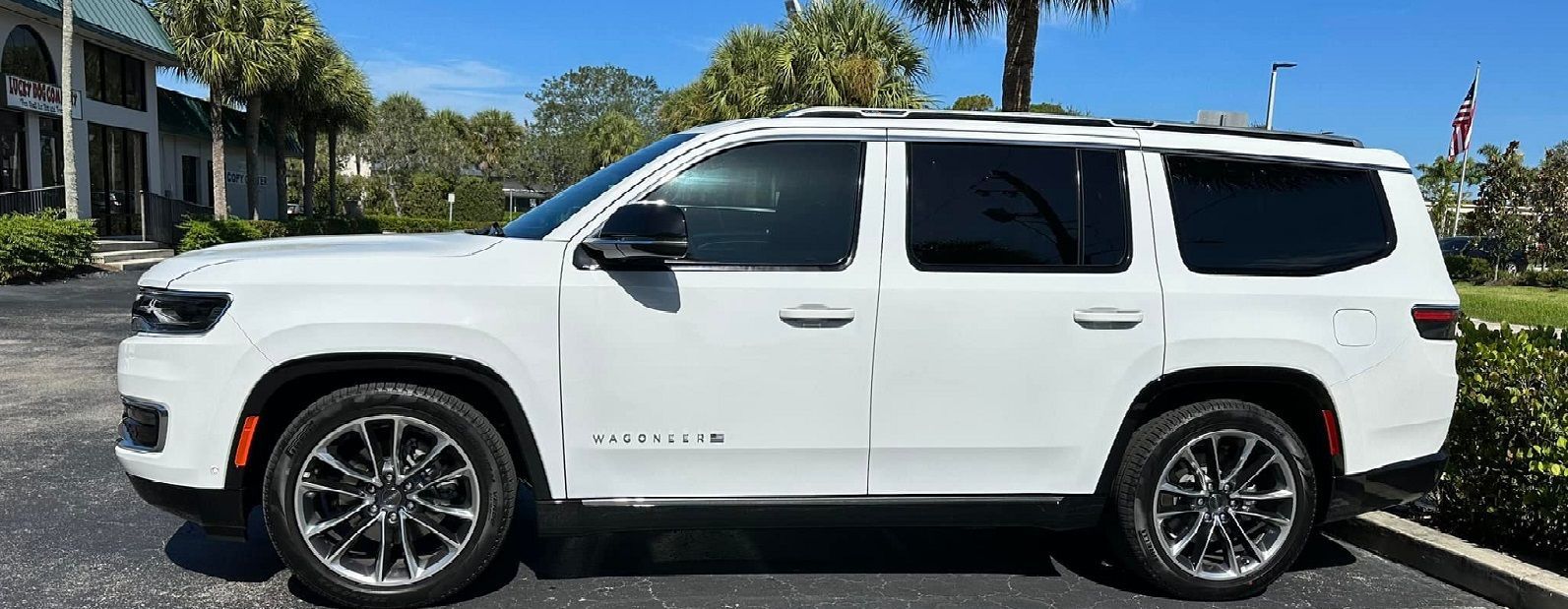The Science Behind Ceramic Window Tint and Its Superior Heat Rejection
When it comes to window tints, not all films are created equal. Among the various options available, ceramic window tint stands out for its superior heat rejection capabilities and other unique benefits. This type of tint is gaining popularity not only among car owners but also homeowners who are seeking efficient solutions for heat management and protection. But what exactly makes ceramic window tint so effective? In this article, we will delve into the science behind ceramic window tint and explore why it is often considered the best choice for car owners and homeowners alike. Understanding these nuances can help you make an informed decision tailored to your specific needs.
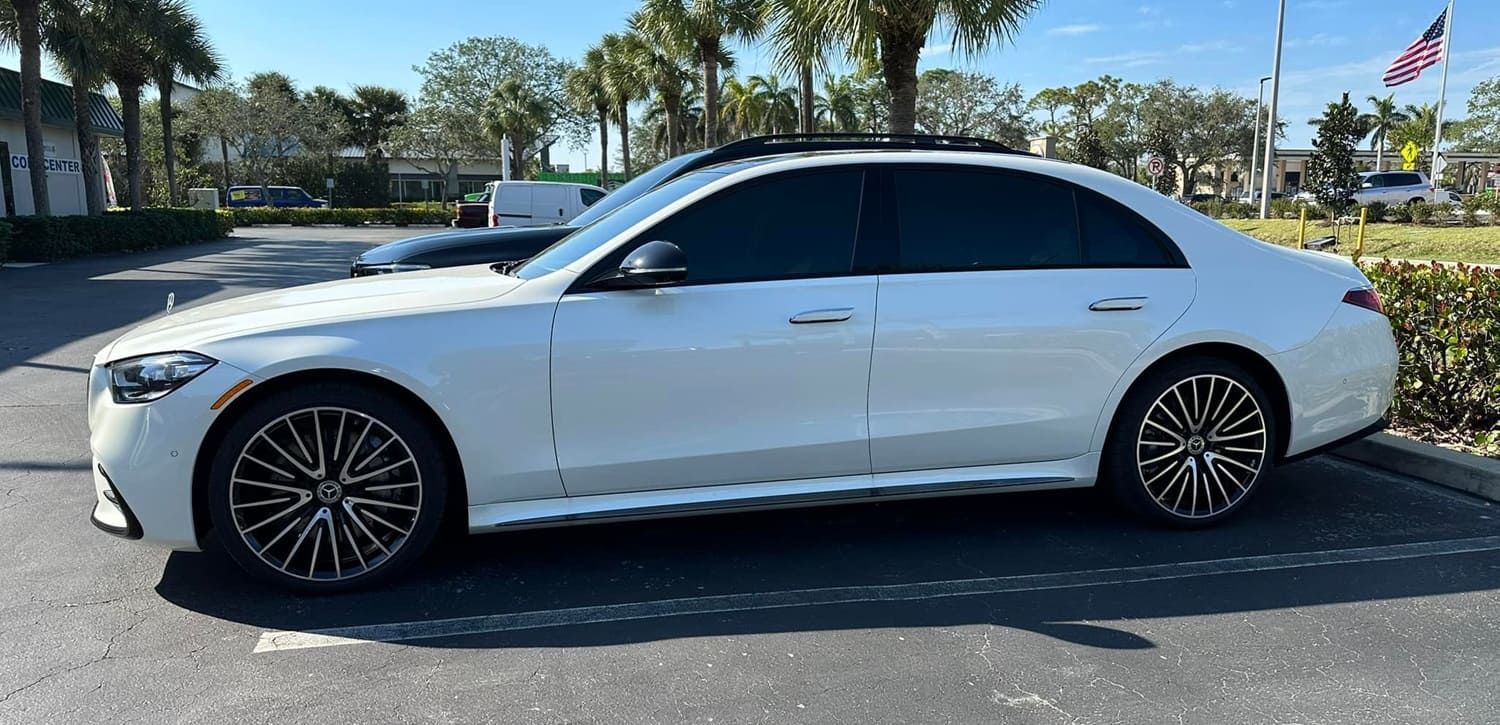
What is Ceramic Window Tint?
Ceramic window tint is a type of window film that is made using advanced nanotechnology. Unlike traditional window tints that use dyes or metals, ceramic tints are composed of microscopic ceramic particles. These particles are non-conductive and non-metallic, which gives ceramic window tints their distinct properties. The use of ceramics in window tinting technology signifies a leap forward in the quest for higher performance and durability.
Unique Composition
The composition of ceramic window tint is what sets it apart from other types of window films. The ceramic particles are infused into the film at a microscopic level, creating a barrier that is both effective and virtually invisible. This innovative approach eliminates many of the drawbacks associated with dyed or metallic tints, such as fading, peeling, or interference with electronic signals. Additionally, ceramic films do not oxidize or corrode over time, ensuring long-term effectiveness and aesthetic appeal.
Environmental Impact
Ceramic window tints are also designed with environmental considerations in mind. Unlike traditional tints that may contain metals or dyes, ceramic tints are free from harmful chemicals and heavy metals. This makes them a safer choice for both the environment and human health. By opting for ceramic tints, consumers can reduce their carbon footprint while enjoying the benefits of advanced window tinting technology.
How Does Ceramic Window Tint Work?
Ceramic window tint works by blocking and reflecting infrared light, which is responsible for the majority of the heat that enters through windows. By doing so, it significantly reduces the amount of heat that passes through the glass, keeping the interior of the vehicle or home cooler. This heat rejection capability is especially beneficial in regions with intense sunlight and high temperatures.
Infrared Rejection
The ceramic particles in the film are specifically engineered to reject high levels of infrared radiation without compromising visibility. Infrared rays are a major source of heat, and by reflecting them away, ceramic tints effectively control the interior temperature. This means you can enjoy clear views while benefiting from the heat-rejecting properties of the film. This balance between clarity and performance is a key reason why ceramic tints are highly regarded.
Visible Light Transmission
In addition to blocking infrared light, ceramic window tints also regulate visible light transmission. They allow sufficient natural light to enter, maintaining brightness and visibility while minimizing glare. This feature is particularly advantageous for drivers, as it reduces eye strain and enhances safety on the road. For homeowners, it means enjoying natural daylight without the excessive heat or glare that can make indoor spaces uncomfortable.
Ceramic Window Tint vs. Carbon Window Tint
When comparing ceramic window tint vs. carbon window tint, several differences highlight the advantages of ceramic films. Both types have their own set of benefits, but ceramic tints often come out on top due to their superior performance in key areas.
Heat Rejection
Ceramic window tint is renowned for its superior heat rejection. The ceramic particles in the film are highly effective at blocking infrared radiation, which is the primary source of heat. This makes ceramic tints more efficient at keeping interiors cool compared to carbon tints, which use carbon particles to absorb heat. The ability to reflect rather than absorb heat ensures that interiors remain cooler for longer periods, reducing the need for air conditioning.
UV Protection
Both ceramic and carbon tints offer UV protection, but ceramic tints typically provide a higher level of protection against harmful UV rays. This is important for protecting your skin and preventing the fading of interior materials such as upholstery and dashboard components. Over time, prolonged exposure to UV rays can cause significant damage, so choosing a tint with superior UV blocking capabilities is a wise investment for both health and aesthetics.
Clarity and Visibility
Ceramic window tints are known for their exceptional clarity and visibility. They do not interfere with electronic signals, such as GPS or mobile phone reception, which can be an issue with metallic tints. Carbon tints, while effective, can sometimes cause a slight darkening effect, impacting visibility. The non-metallic nature of ceramic tints ensures that your connectivity remains uninterrupted, which is crucial in today's connected world.
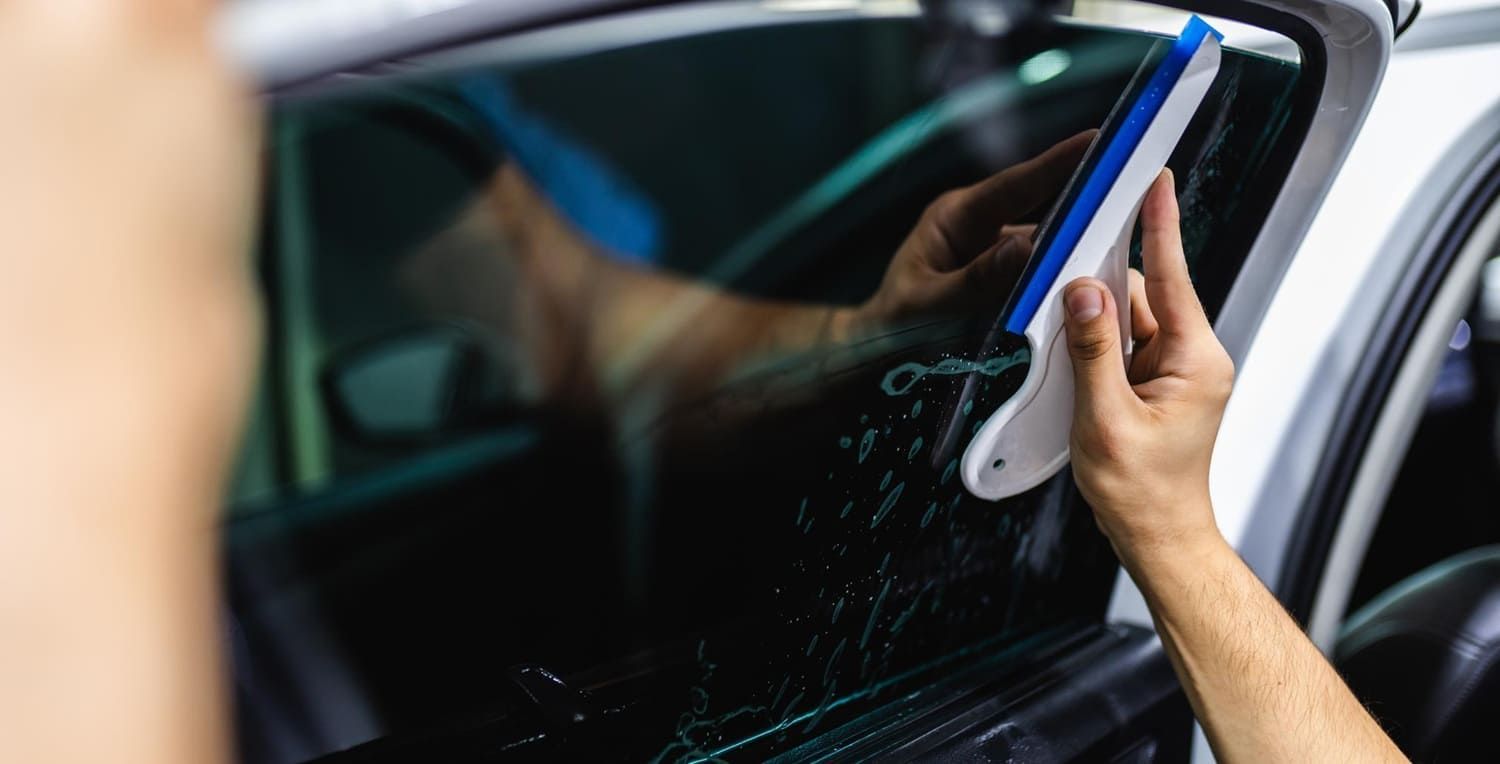
The Benefits of Ceramic Window Tint
Ceramic window tint offers a range of benefits that make it an attractive option for those looking to enhance their vehicle or home. Beyond heat rejection and UV protection, these tints provide additional advantages that enhance comfort and safety.
Superior Heat Rejection
As mentioned earlier, ceramic window tint excels in heat rejection. By blocking a significant amount of infrared radiation, it helps maintain a comfortable interior temperature. This can reduce the need for air conditioning, leading to energy savings and increased fuel efficiency for vehicles. For homes, this translates to lower cooling costs and a more sustainable approach to energy consumption.
Enhanced Comfort and Protection
Ceramic tints provide excellent protection against UV rays, which are known to cause skin damage and contribute to the fading of interior materials. By reducing UV exposure, ceramic tints help protect your health and preserve the appearance of your vehicle or home. This protection extends to reducing the risk of skin cancer and other UV-related health issues, providing peace of mind alongside physical comfort.
Durability and Longevity
Ceramic window films are highly durable and resistant to fading or discoloration. They are less likely to degrade over time compared to dyed or metallic tints, making them a long-lasting investment. The robust nature of ceramic films means they can withstand the rigors of daily use and harsh environmental conditions, maintaining their effectiveness and appearance for years.
Non-Reflective and Glare Reduction
Ceramic tints are non-reflective, ensuring that they do not create a mirror-like appearance on the windows. This is particularly beneficial for maintaining privacy while reducing glare from sunlight or headlights, enhancing visibility and safety. The reduction in glare is especially useful for drivers, as it improves comfort and reduces the risk of accidents caused by impaired vision.
Choosing the Right Ceramic Window Tint
When selecting a ceramic window tint, there are a few factors to consider to ensure you get the best performance and value for your money. Making an informed choice involves evaluating several key aspects that can influence the effectiveness and satisfaction with your tinting solution.
Quality and Brand
Choose a reputable brand known for producing high-quality ceramic window films. Established brands often provide warranties, ensuring your investment is protected. Researching customer reviews and seeking recommendations can also guide you toward reliable options that have proven their worth in real-world applications.
Professional Installation
For optimal results, have your ceramic window tint installed by a professional. Proper installation is crucial for achieving the desired heat rejection, clarity, and longevity. Experienced installers have the expertise and tools to ensure a perfect fit, minimizing the risk of bubbles, peeling, or other imperfections that can compromise performance.
Legal Considerations
Check local regulations regarding window tinting. Some areas have restrictions on the darkness or reflectivity of window tints, so it's important to ensure compliance with the law. Understanding these regulations before installation can prevent legal issues and ensure that your tinting choice is both effective and permissible.
Conclusion
Ceramic window tint offers a superior combination of heat rejection, UV protection, and long-lasting durability, making it an ideal choice for both vehicles and homes. Its advanced technology and non-metallic composition provide clear advantages over traditional tinting options, making it a worthwhile investment for those seeking performance and environmental responsibility.
At ENTERPRISE WINDOW TINTING, we are the best window tinting installers in Naples, FL, specializing in high-quality ceramic window tint that enhances comfort, energy efficiency, and interior protection.
Whether you’re looking to keep your space cooler, reduce glare, or improve privacy, ceramic window tint is the way to go. With professional installation and compliance with local regulations, you can enjoy the many benefits of this innovative window film for years to come.
Get a free estimate today! Contact ENTERPRISE WINDOW TINTING for expert ceramic window tinting solutions tailored to your needs.
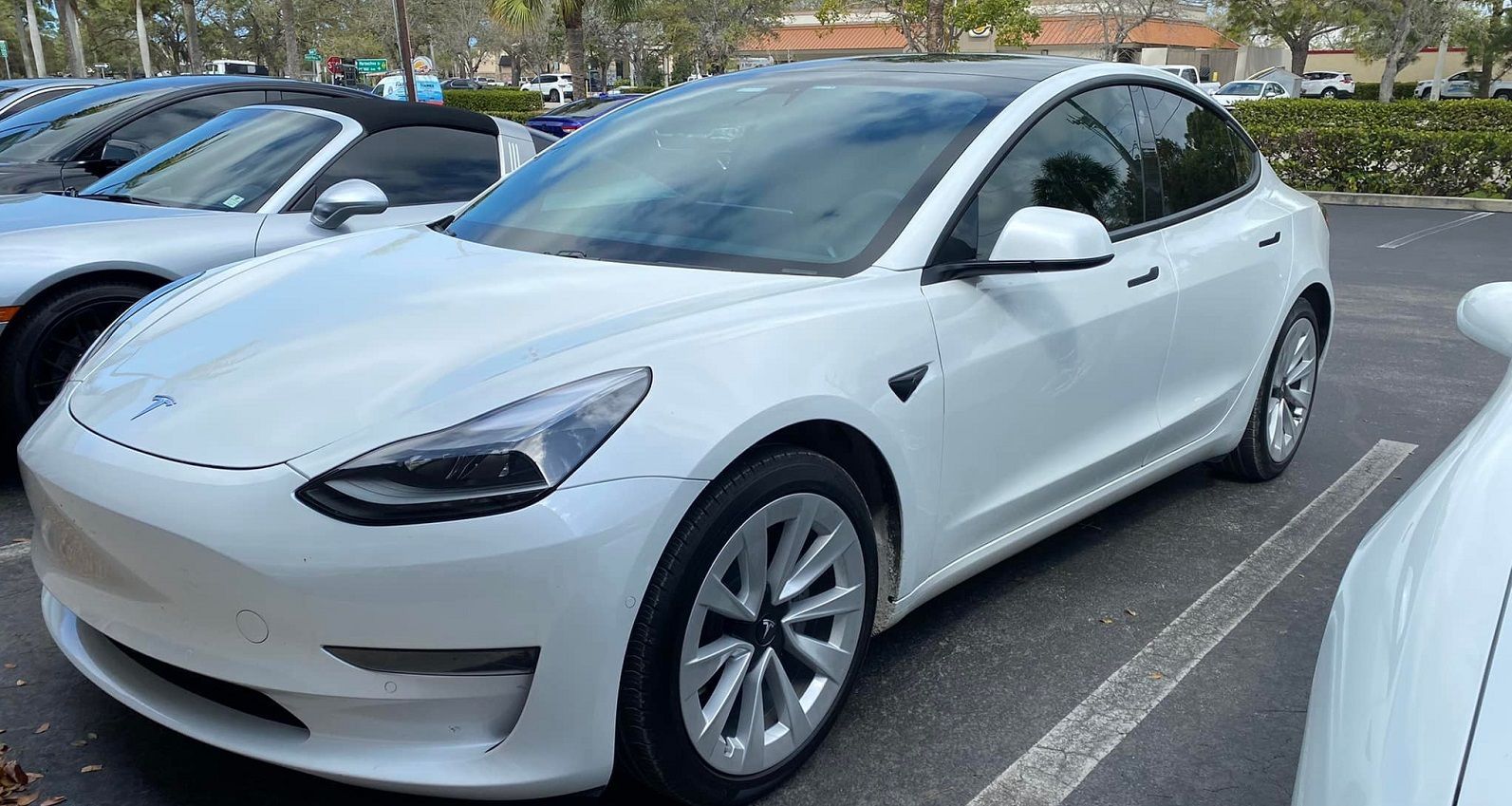
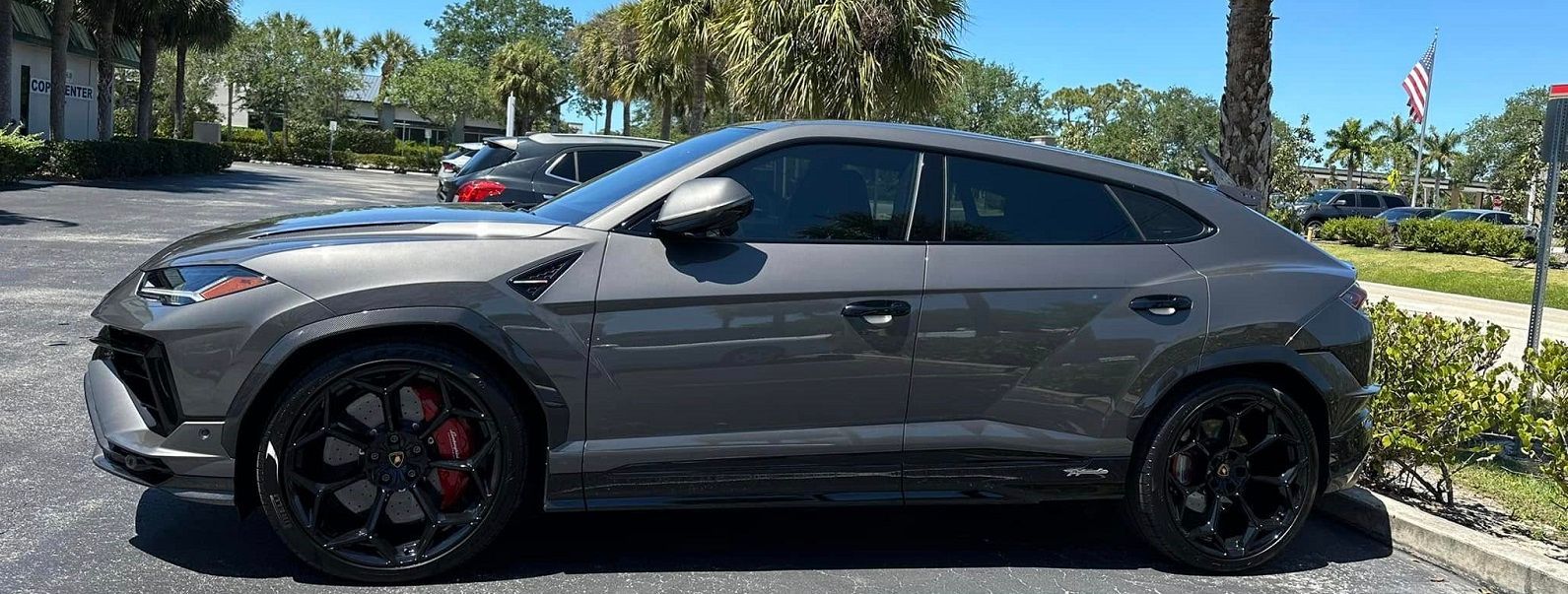
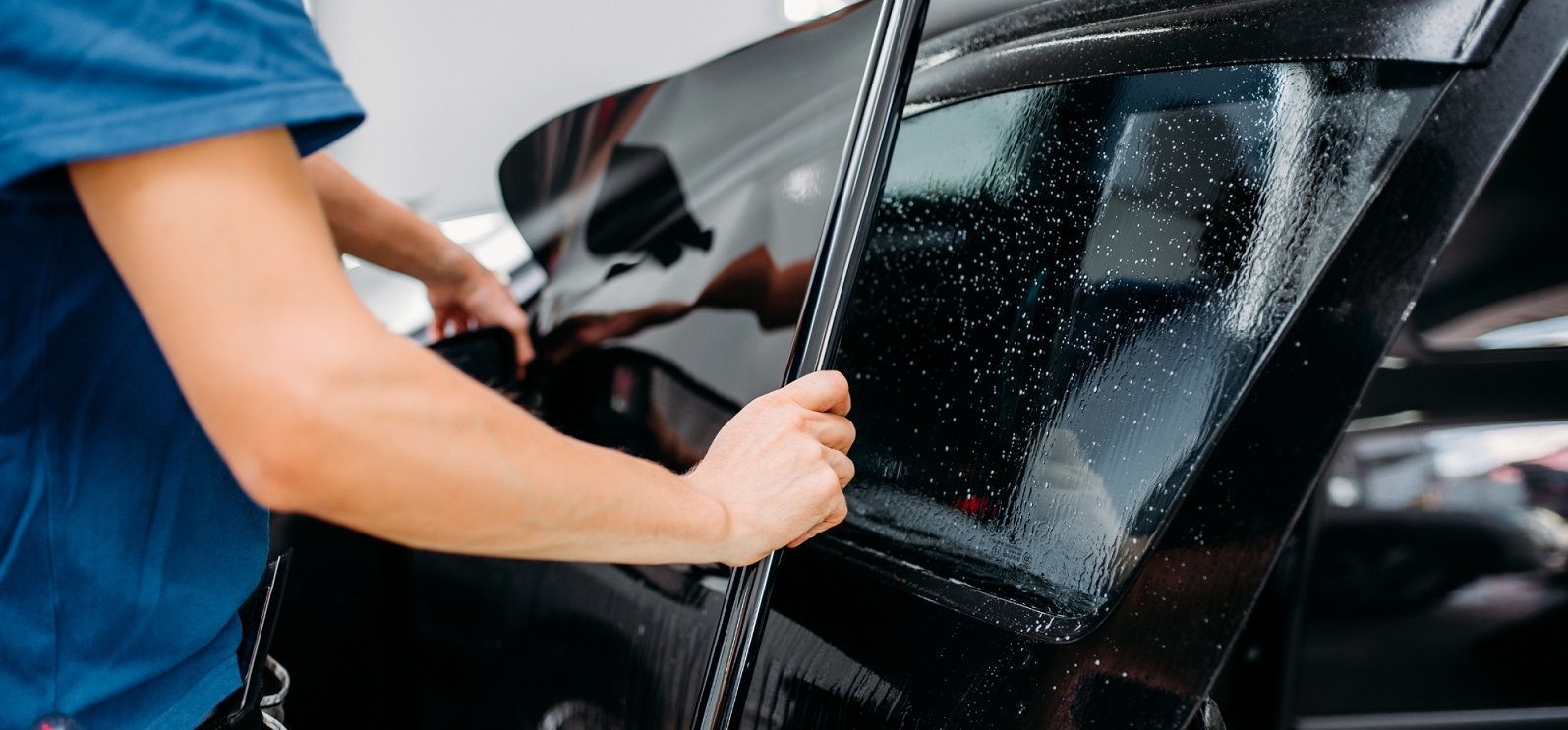


ENTERPRISE WINDOW TINTING
971 Airport-Pulling Rd N
Naples, FL 34104
Office: 239-434-7774
Fax: 239-434-5509
Hablamos Espanol
Monday – Friday 8am – 5pm
Saturday 8am - 2pm
All Rights Reserved | ENTERPRISE WINDOW TINTING

